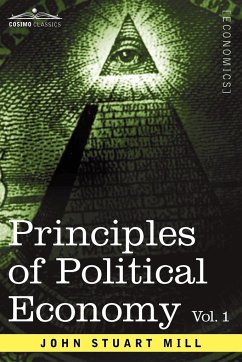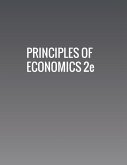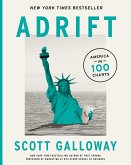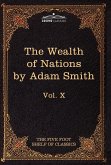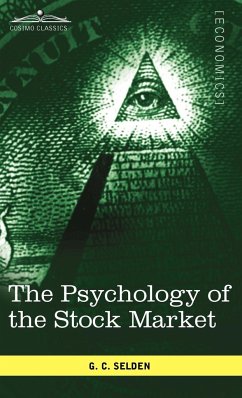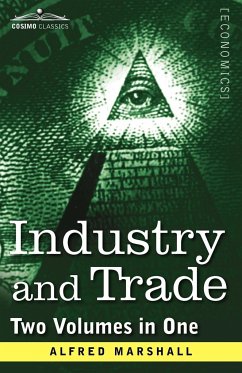Can national growth be sustained indefinitely? How much should government intervene in a competitive market economy? The questions John Stuart Mill raised a century and a half ago, in 1848's Principles of Political Economy, and the answers he found, are just as critical-and just as contentiously debated-today. Through a lens of what the philosopher himself termed "philosophical radicalism"-and what some today call "democratic liberalism"-Mill takes a fresh look at Adam Smith's Wealth of Nations and other influential works of political thought of his time, and recasts them from a more scientific viewpoint, suggesting that such realities as the unequal distribution of wealth were not "natural" but rather a matter of human choice... choices we continue to have to make in our ever more complicated economy. Also available from Cosimo Classics: Selected Writings of John Stuart Mill and On Liberty. English philosopher and politician JOHN STUART MILL (1806-1873) was one of the foremost figure of Western intellectual thought in the late 19th century. He served as an administrator in the East Indian Company from 1823 to 1858, and as a member of parliament from 1865 to 1868. Among his essays on a wide range of political and social thought are On Liberty (1859), Considerations on Representative Government (1861), and The Subjection of Women (1869).
Hinweis: Dieser Artikel kann nur an eine deutsche Lieferadresse ausgeliefert werden.
Hinweis: Dieser Artikel kann nur an eine deutsche Lieferadresse ausgeliefert werden.

